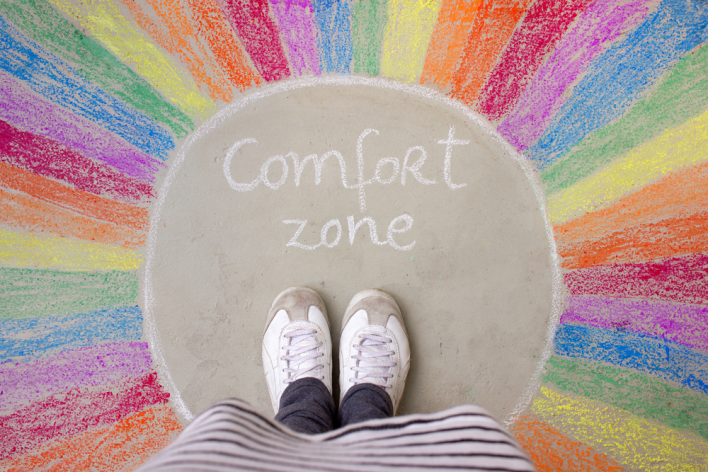People cope in different ways
Getting to grips with how to deal with change is an important attribute in life and work. There are generally three different ways that people respond to change. It’s important to identify where you would typically fall and ask yourself is the way I am responding to change helping my circumstances or should I try a different approach.
One reaction is to be non-active, people in this category are resistant to change this can represent by burying your head in the sand, blaming others and thinking that life isn’t fair. This approach to change means that you stay stuck and do not move forward. People who are non-active are taking a risky approach that will lead to further difficulties in the near or distant future without your input the transition is likely to be more challenging and unrealistic.
Another reaction is to be reactive to change, people in this category make quick and rash decisions. Being reactive means that you may not have all the necessary facts but make a decision anyway to eliminate the immediate worry or anxiety that the change is causing. This knee jerk reaction can be more uncertain than facing the change head on because you may make the wrong decision. Planning for change is a form of security and can help you to feel in more control of the situation.
The ideal response to change is to be proactive and positive, people in this category take time to consider the change, what impact it will have and plan and prepare. Consider your attitude and outlook the way we look at life and its inevitable challenges makes a difference, when you are hopeful and optimistic, you’ll be less vulnerable, and more likely to handle the stresses that life throws our way. Stress hardy people have a strong sense of humour and accept that change is a necessary part of life.

